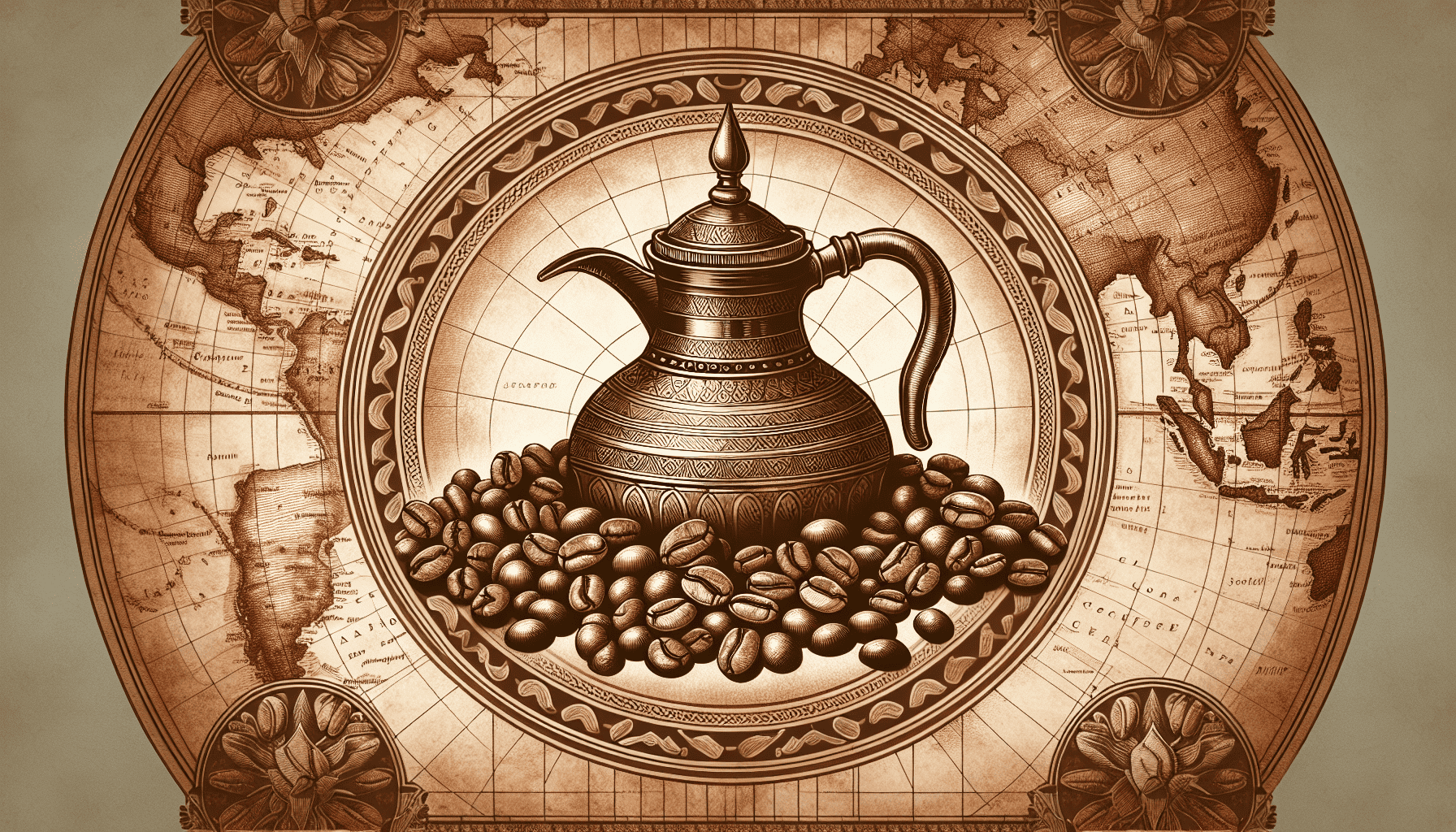Coffee, one of the most beloved beverages worldwide, boasts a rich and captivating history that mirrors the evolution of civilizations. Its journey from ancient legends to the vibrant café culture of today is a testament to its enduring allure and cultural significance.
Our story begins in the ancient highlands of Ethiopia, where legend has it that a goat herder named Kaldi was the first to discover the invigorating properties of coffee. According to Ethiopian folklore, Kaldi noticed that his goats became unusually lively after eating berries from a certain tree. Curious, he tried the berries himself, experiencing a newfound sense of vitality. This serendipitous discovery eventually caught the attention of local monks, who began using coffee to stay awake during long prayers.
From Ethiopia, coffee made its way to the Arabian Peninsula, where it took root in the 15th century. Yemen is often credited as coffee's first great cultural hearth. The Arabs mastered the art of cultivating coffee, initially consuming it as a simple concoction called qahwa. Soon, coffee spread across the Islamic world, finding its way to Mecca and Cairo. Its stimulating effect made it especially popular in religious contexts, where it was seen as an aid for concentration during devout acts of worship and contemplation.
By the 16th century, coffee’s influence stretched across the Middle East, Persia, and into the Ottoman Empire. It was during this time that coffeehouses, known as qahveh khaneh, began to emerge. These establishments became bustling hubs for socializing, exchanging ideas, and engaging in lively discussions—earning the nickname "Schools of the Wise." Coffeehouses played a pivotal role in the cultural and intellectual development, unwittingly fostering an early form of democratic space where individuals of different backgrounds could congregate and converse.
Coffee's journey to Europe began in the 17th century, amidst a backdrop of trade between eastern and western worlds. Initially met with skepticism, coffee slowly gained popularity among Europeans. The first European coffeehouse opened its doors in Venice in 1645, and soon after, other prominent cities like Vienna, Paris, and London followed suit. Like their Middle Eastern predecessors, European coffeehouses became centers of cultural exchange and intellectual activity, frequented by artists, writers, and revolutionaries alike.
With the rise of European colonial powers came the expansion of coffee cultivation to new regions. The Dutch were instrumental in establishing coffee plantations in Java and other parts of Southeast Asia, while the French introduced coffee to the Caribbean and South America. Brazil, in particular, emerged as a world leader in coffee production, a status it retains to this day.
As the 19th and 20th centuries unfolded, coffee underwent further evolution. The emergence of mass production and breakthroughs in roasting technology democratized coffee consumption, making it accessible to a broader audience. The simple cup of coffee transformed into a canvas for innovation, giving rise to espresso and cappuccinos, and later the wave of artisanal coffee creations bent on celebrating unique flavors and brewing methods.
Today, the global café culture stands as a testament to coffee's enduring legacy. From the bustling espresso bars of Italy to the artisanal hipster cafés of Portland, swathes of society have embraced coffee not just as a drink, but as an experience. In cafés around the world, individuals sit with steaming cups, partaking in the continuation of a centuries-old tradition—engaging in conversations, exchanging ideas, and finding community within the walls of these modern temples to caffeine.
Thus, coffee's rich history is not merely a chronicle of a beverage; it is a narrative of discovery, cultural exchange, and the power of community. From Kaldi's curious goats to our own morning rituals, coffee has journeyed across centuries to become an enduring symbol of connection and creativity.
